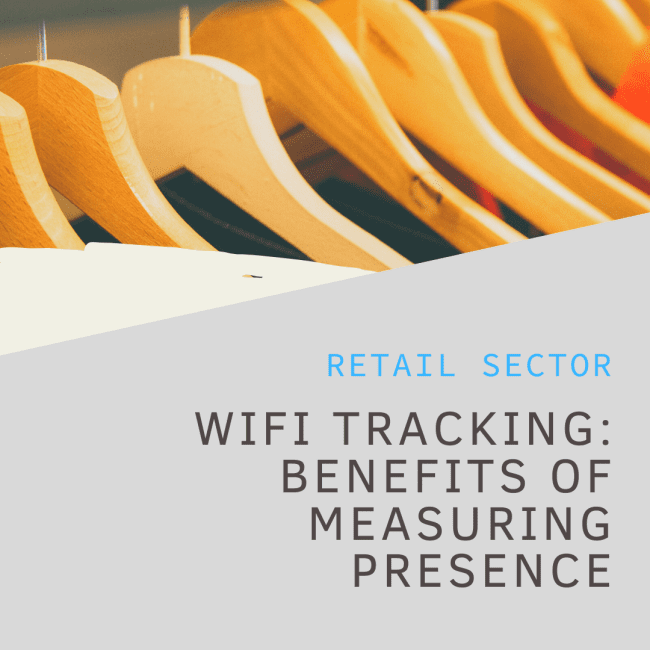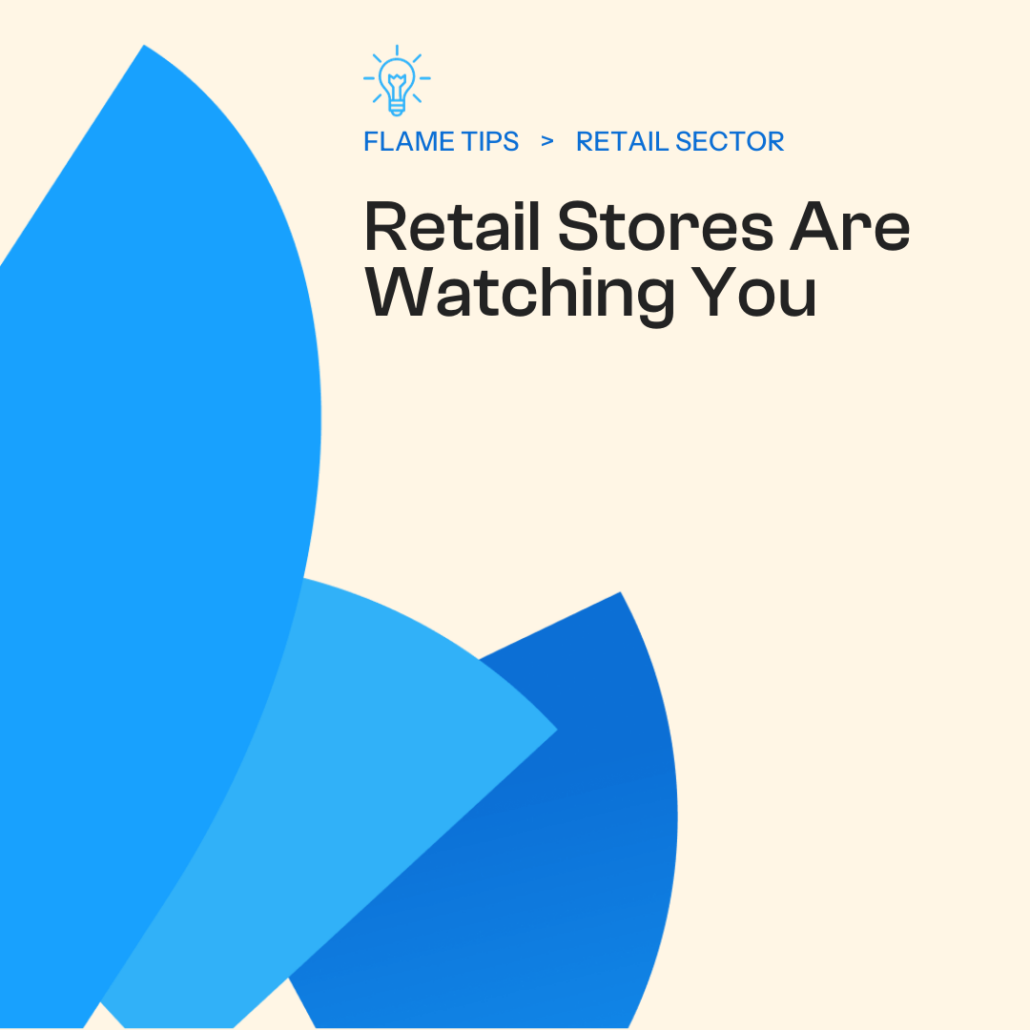Have you ever paused to ponder why retailers employ intricate tracking technologies, meticulously monitoring your every step within their stores? What propels this surveillance, and what exactly do retailers aim to glean from scrutinizing your shopping behavior? In this comprehensive blog post, we embark on an illuminating exploration into the realm of shopper tracking. Together, we’ll peel back the layers to reveal the motives driving retail surveillance, examine the diverse methods utilized, and dissect the profound implications for both retailers and consumers in our increasingly digitized world.
Join us on this enlightening journey as we delve into the intricate dynamics of shopper tracking and its profound impact on the retail landscape.
The Basics of Shopper Tracking
Understanding Shopper Tracking Technologies
Shopper tracking encompasses a wide range of technologies, including RFID (Radio-Frequency Identification), Wi-Fi tracking, video analytics, and mobile tracking apps. These technologies enable retailers to collect data on customer movements, dwell times, browsing behavior, and purchase patterns within physical stores.
By harnessing this data, retailers can gain valuable insights into customer preferences, improve store layouts, optimize product placement, and enhance the overall shopping experience.
The Role of Data Analytics in Shopper Tracking
Data analytics plays a crucial role in shopper tracking, transforming raw data into actionable insights. Advanced analytics techniques, such as machine learning and predictive analytics, enable retailers to identify trends, predict customer behavior, and tailor marketing strategies to individual preferences. By leveraging data analytics, retailers can make informed decisions that drive sales and foster customer loyalty.
Webinar: 7 Video Analytics Use Cases for Retail and Shopping Centers
Benefits of Shopper Tracking
1. Personalized Shopping Experiences
Shopper tracking empowers retailers to deliver personalized shopping experiences tailored to individual preferences. By analyzing vast amounts of data on customer behavior, including browsing patterns and purchase history, retailers can curate customized recommendations and promotions. Whether it’s suggesting complementary products based on past purchases or offering exclusive discounts on items of interest, personalized experiences foster deeper engagement and enhance customer satisfaction. Ultimately, this personalization not only strengthens brand loyalty but also drives increased sales and revenue for retailers.
2. Improved Inventory Management
In addition to enhancing the customer experience, shopper tracking also revolutionizes inventory management processes. By leveraging real-time data insights on product demand and movement within stores, retailers can optimize their inventory levels with precision. This enables them to mitigate stockouts, reduce excess inventory, and streamline supply chain operations.
With a more accurate understanding of consumer preferences and purchasing trends, retailers can make informed decisions regarding product assortment and allocation. As a result, they can minimize inventory holding costs while ensuring that shelves are consistently stocked with the products that customers desire, thereby maximizing sales opportunities and operational efficiency.
Challenges and Considerations
Ethical and Privacy Concerns
While shopper tracking offers numerous benefits, it also raises ethical and privacy concerns. Customers may feel uneasy knowing that their movements and behaviors are being monitored and analyzed. Retailers must be transparent about their data collection practices and ensure that customer data is handled responsibly and ethically. Implementing robust data security measures and obtaining explicit consent from customers are essential steps in addressing these concerns.
Legal Compliance
In addition to ethical considerations, retailers must also comply with relevant laws and regulations governing data privacy and consumer protection. This includes regulations such as the General Data Protection Regulation (GDPR) in Europe and the California Consumer Privacy Act (CCPA) in the United States. Failure to comply with these regulations can result in significant fines and damage to brand reputation.
Conclusion
Shopper tracking transforms retail by decoding customer behavior, unlocking insights, and enhancing experiences for both retailers and consumers. By harnessing advanced technologies and analytics, retailers gain invaluable insights into shopper preferences, optimize store layouts, and personalize marketing strategies. However, ethical considerations and compliance with data privacy regulations remain crucial. With transparency and responsible practices, shopper tracking can drive business growth while fostering trust and loyalty among customers.






